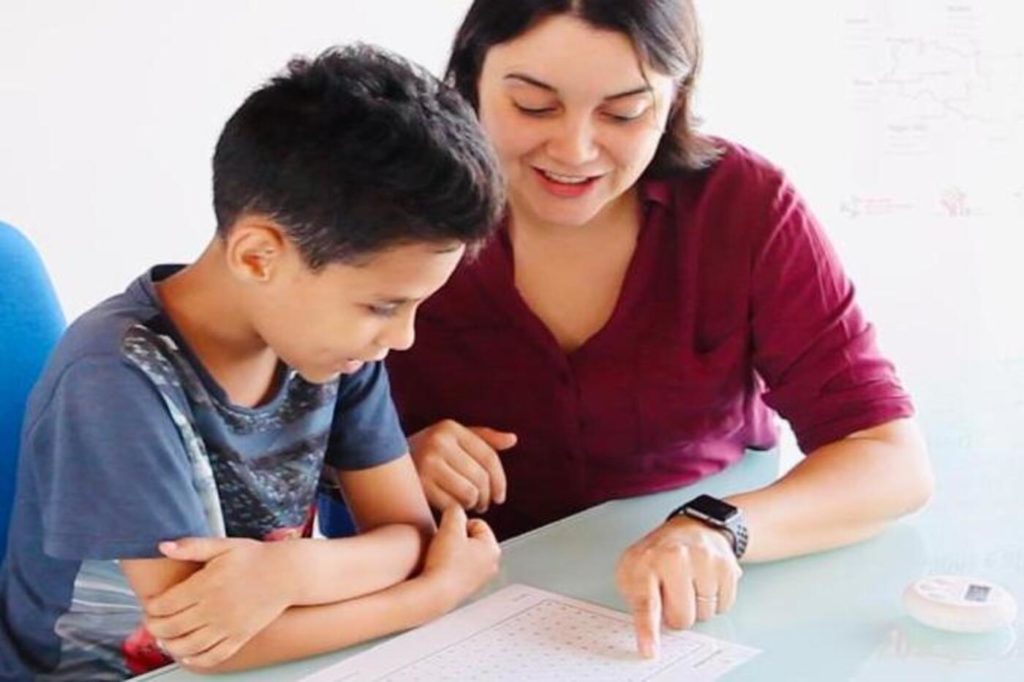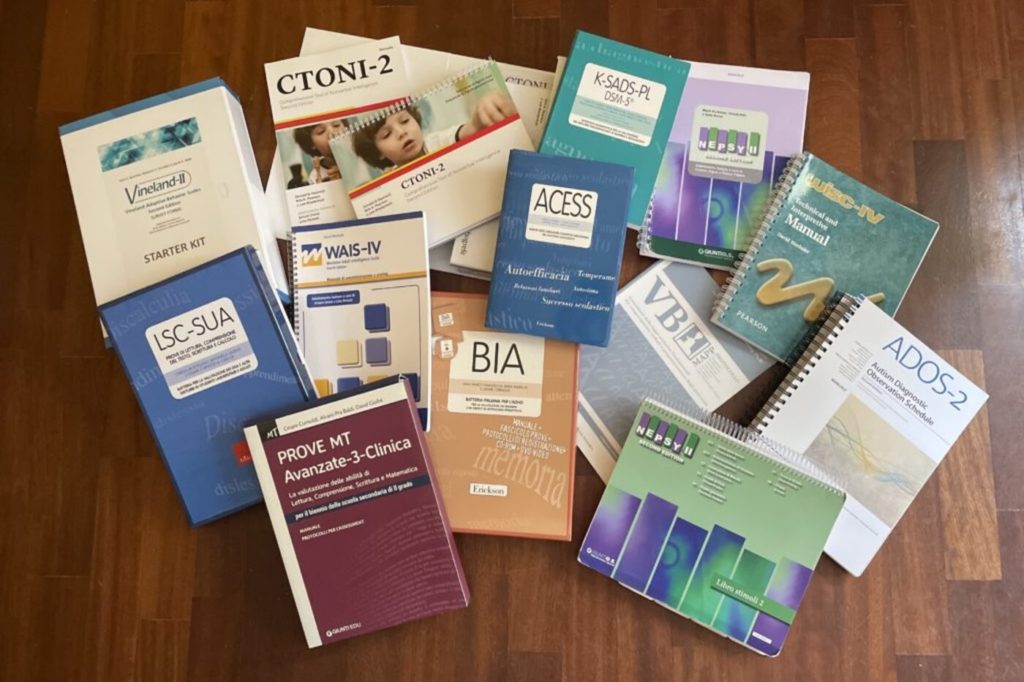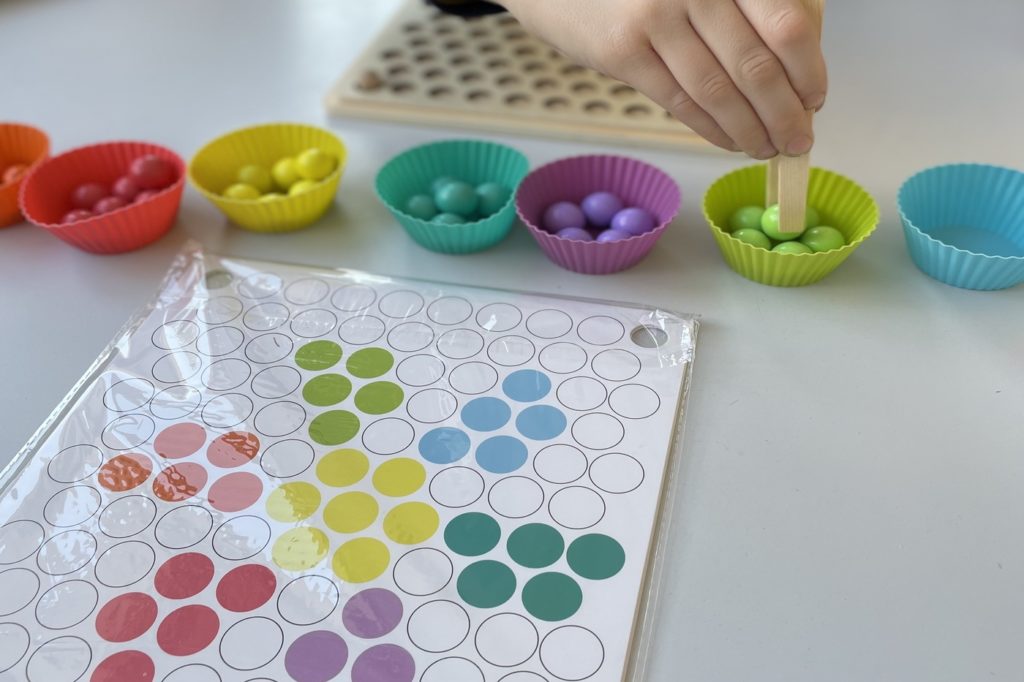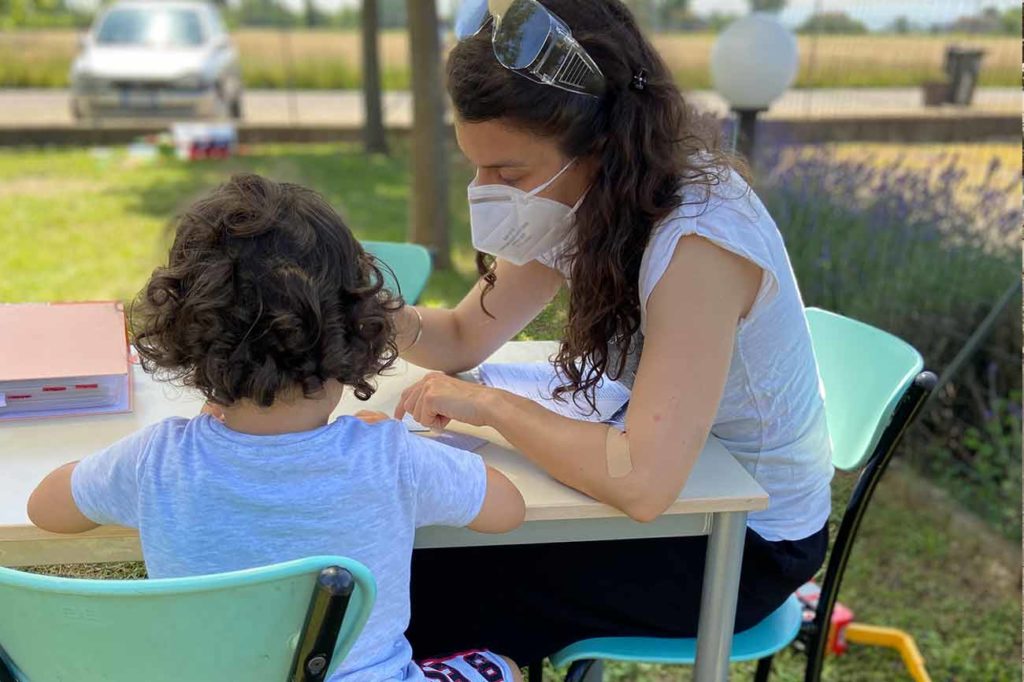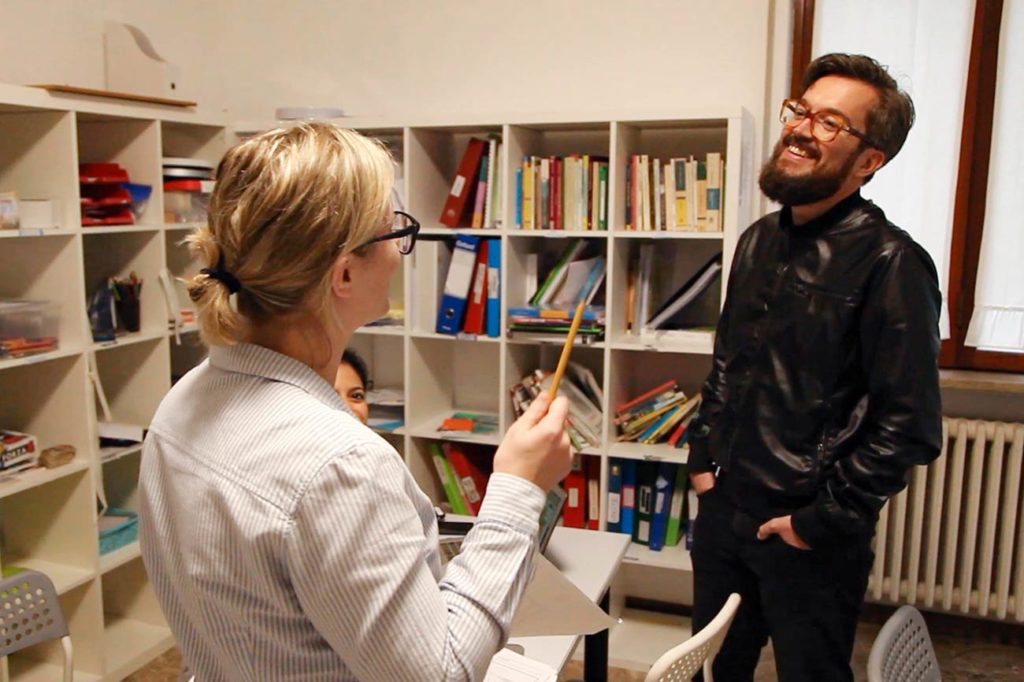From the birth of Tice in 2006, we have received many requests
on how best to help students with DSA to grips with the mathematics
and science subjects (physics, biology, chemistry, and computer science).
For this we have created a team of trained professionals both on the science subjects (e.g. mathematics, biology) and on the mode of teaching and supporting children with specific learning difficulties . Our team has developed a series of strategies useful for helping students to change their attitude towards mathematics is to get the best results.
Interventions are addressed mainly to students
of high school
or, for university students.
Our disciplinaristi (the scholars of the science) are formed
to support the boys
with lessons online or in vivo.
Many students with specific learning difficulties
who attended Tice
they have changed their attitude towards mathematics.
Some insight on mathematics and DSA
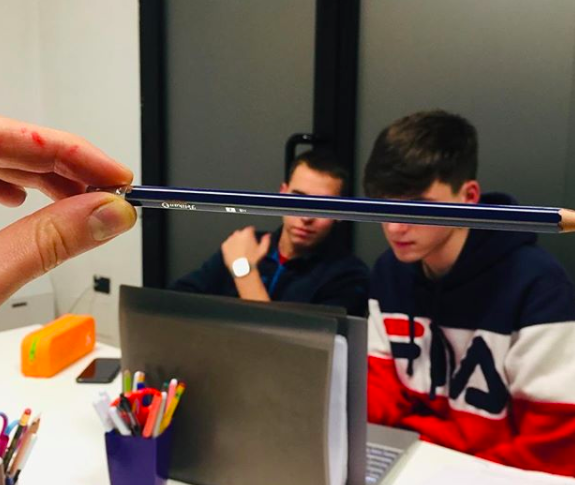
Different types of learning problems of mathematics
As for the reading difficulties of the students, the difficulty of mathematics vary from mild to severe: there is evidence showing that the children exhibit not only different levels of difficulty, but also different types of difficulties in mathematics.
Master the facts numeric base
Many students with specific learning difficulties have persisted difficulty to “store” the facts numeric base in all four operationsdespite an adequate understanding and the great effort spent in the attempt to do so.
Instead of you know promptly that 5+7 = 12, or 4×6 = 24, these children are still painstakingly for years to count with the fingers or with circles scribbled and seem unable to develop it yourself strategies memory efficient.
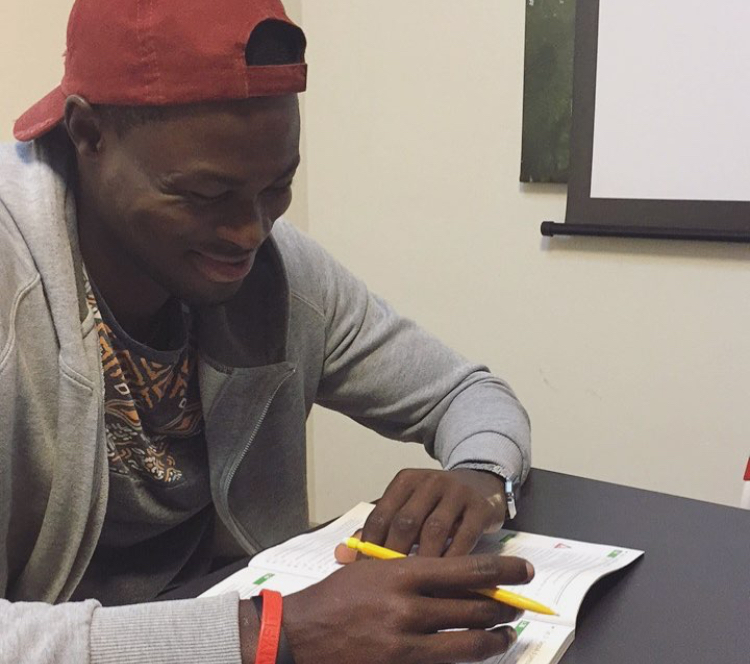
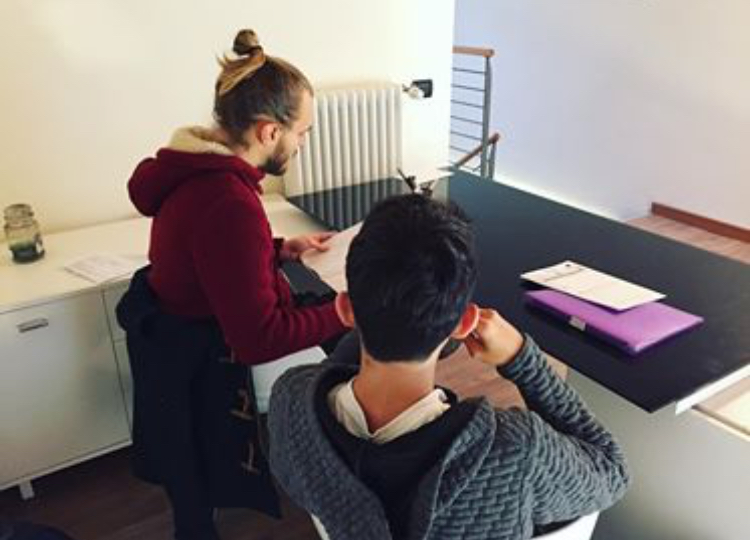
Weakness arithmetic / mathematical talent
Some students with learning difficulties have avery good mastery of mathematical concepts, but they are inconsistent in the calculation. Are unreliable in paying attention to the sign of the operations, borrow or carry in a way that is appropriate and in the sequence of the phases in complex operations. These same students may also meet difficulties to master the facts of the base number.
It is interesting to note that some of the students with these difficulties can be in serious difficulties in tasks that require calculation, but to participate in math lessons and more complex, which is required to be their conceptual skills.
Because mathematics is much more than a calculation that is reliable is important observe the most coveted and not to judge the intelligence or understanding by observing only weak skills or lower level. Often it is necessary to find a delicate balance in working with students with DSA for this it is important to:
- recognize their weaknesses in the calculation in mind;
- maintain a persistent effort to strengthen skills deficient or clear them with the appropriate tools;
- share a partnership with the student in order to promote self-determination and the desire to succeed in mathematics.
The system of written symbols and solid materials
Many small children who have difficulty with the mathematics they have a solid basis for understanding the informal mathematics. Meet difficulty in connecting this knowledge base procedures, language and the system of symbolic notation for more formal of the school mathematics.
The collision of their informal skills with the school mathematics is similar to that of a child melodious and rhythmic experiences the written music as something other than what you already can do. In fact, it is a business rather complex mapping the new world of mathematical symbols written on the known world of the amount of the shares and, at the same time, to learn the language peculiar that we use to talk about arithmetic.
Students need to many of the experiences are repeated, and many variety of materials, concrete to make these connections strong and stable.
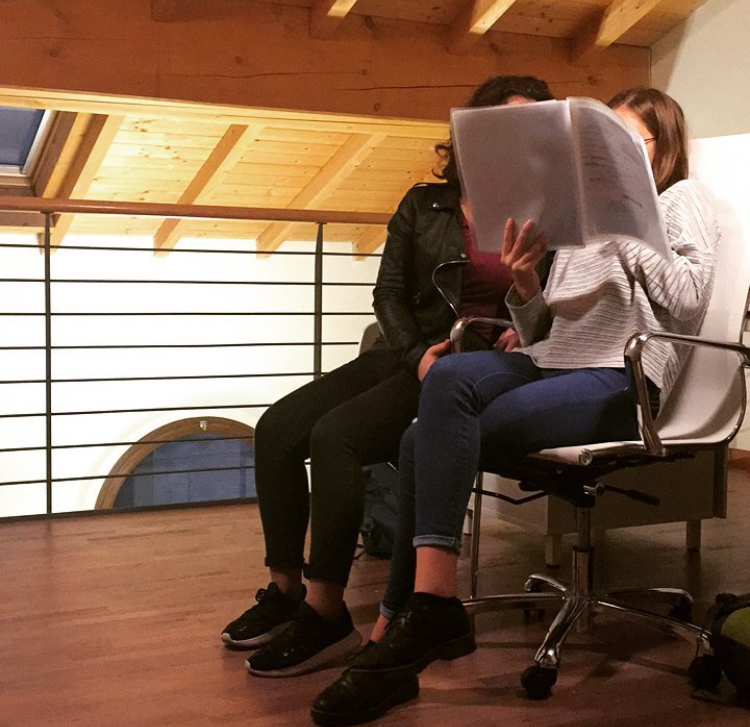
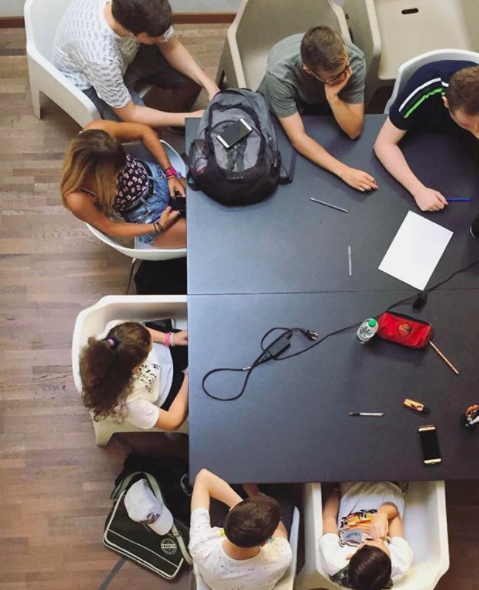
The language of mathematics
Some of the students and DSA are particularly hampered by the linguistic aspects of mathematics, resulting in confusion about the terminology, difficulties in the follow explanations of verbal and / or verbal skills moderate to monitor the stages of complex calculations. It is important that teachers help students by slowing down the pace of their delivery and by providing information in a discrete. This “fragment” the slowed-down of verbal information is important when you have questions, giving directions, you have the concepts and provide explanations.
Equally important, frequently ask students to verbalize what they are doing. All too often, the time of mathematics is filled with the explanation of the teacher, or with the practice of writing silent. Students with DSA should be able to prove with solid materials and explain what they are doing, not only in the first class, but all levels of mathematics.
Generally, children with specific learning difficulties react to the math problems on the page as a signal to do something, rather than as a significant phrases that should be read for understanding. It's almost as if they would specifically to verbalize. Both younger students, that the larger ones need to develop the habit of reading, and to tell the problems before, during, and after they have been calculated. Paying attention to the simple steps of self-verbalization, can monitor a majority of their errors of carelessness, errors and careless.
Visual-spatial aspects of math
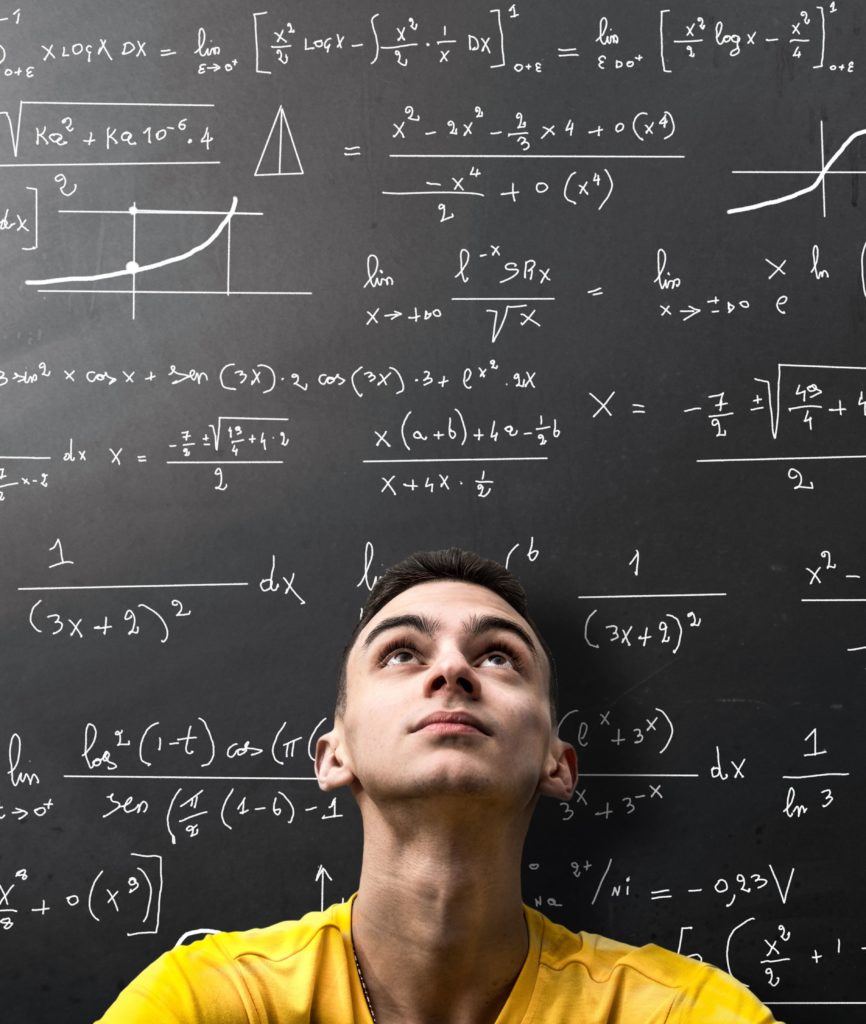
IN SUMMARY
-
THE LEARNING OF MATHEMATICS
MANIFEST THEMSELVES IN VARIOUS WAYS -
Language difficulties, even mild,
they may interfere with the learning of mathematics. -
Difficulties in linking mathematics casual
the mathematics of formal schooling. -
A difficulty in mathematics, less common, is derived
a significant disorganization visual-spatial-motor
In children and young people with learning difficulties and the problems of mathematics learning vary from mild to severe and occur in a variety of ways. The most common are difficulties with the call for more efficient facts basic arithmetic and reliability in the calculation written. When these problems are accompanied by a strong conceptual understanding of mathematical relationships and spatial, it is important to not interrupt the student by focusing only on the strengthening of the calculation.
In particular, many students DSA have the tendency to avoid verbalize in the activities of mathematics, the trend is often exacerbated by the way in which mathematics is taught typically. Develop a habit of recording examples, and mathematical procedures can greatly help to remove obstacles to success in the settings traditional mathematical.
To build these connections takes time, experience, and instruction carefully guided. The use of structured materials and concrete, it is important to ensure these connections, not only in the first elementary classes, but also during all stages of the development of the concept of mathematics at a higher level. Some students need a particular emphasis on the translation between different written forms, different ways of reading and the different representations (with objects or drawings) of what they mean.
The formation of the mathematical concepts of the base is compromised. Methods to compensate for include:
- avoid the use of pictures or graphics to convey concepts
- build versions verbal to mathematical ideas
- the use of solid materials such as anchors for the learning
In summary, as psychologists, educators, and taught much we can and must do
this is the area that requires more attention than we normally provided.
To find out how to be supported, please contact

THE SEAT OF CORREGGIO
Clear Marks
Mobile phone: 347 7692587
Email chiara.marchi@centrotice.it
THE SEE OF PIACENZA
Valentina Tirelli
Mobile phone: 349 3576939
Email valentina.tirelli@centrotice.it

